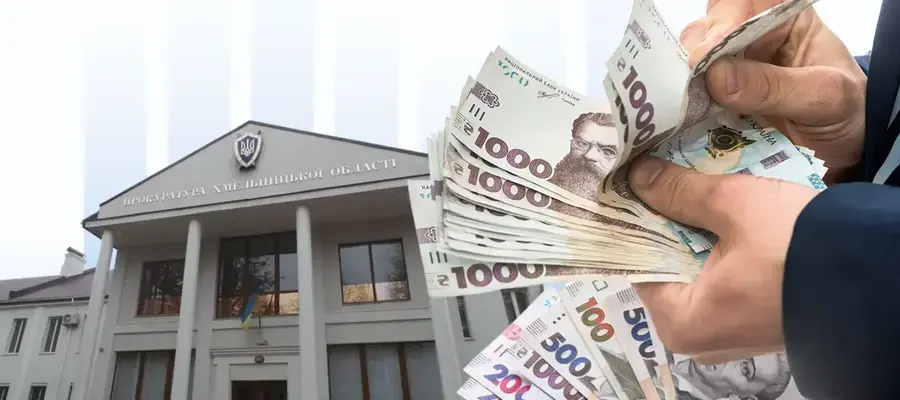The world continues to unite around Ukraine and the joint fight against terrorism and war crimes of the Russian Federation. Sanctions continue to be an effective tool to pressure the aggressor, but this mechanism also requires unity and cohesion. It is necessary to limit Russia's capabilities and resources in this war as much as possible. It is business and the state that can cooperate on this path, while ensuring the efficient operation of the country's economy.
This was emphasized by the Head of the National Agency on Corruption Prevention (NACP) Oleksandr Novikov during the event "Synergy of private business and the state in sanctions policy", which was organized by the European Business Association (EBA).
"We call for close cooperation of representatives of international business in Ukraine in the direction of sanctions, namely the identification of Russian business. After all, who, if not you, knows well your competitors who continue to cooperate with the Russian Federation or help to circumvent sanctions? This is fully in line with the recommendations of the Organization for Economic Cooperation and Development (OECD) regarding honest and responsible business, towards which we are moving towards membership", - the Head of the NACP emphasized.
Agiya Zagrebelska, head of the direction of prevention of corruption risks in the sanctions policy of the NACP, added that leaving the totalitarian state in the long term will bring more profit than losses.
"Many unscrupulous companies are now taking advantage of the fact that competitors have left the Russian market, so their incomes are increasing there. But, according to Yale University experts, leaving the totalitarian state in the long run will bring more profits than losses. Markets are more favorable to companies that voluntarily left Russia. They are given preferences when it comes to debts and loans, because their corporate reputation has additional points", - said Agiya Zagrebelska.
Oleksandr Novikov noted that NACPis open to dialogue with business and is ready to form joint efforts in the area of sanctions.
 The NACP calls on business to join sanctions pressure against the Russian Federation
The NACP calls on business to join sanctions pressure against the Russian Federation
 The NACP calls on business to join sanctions pressure against the Russian Federation
The NACP calls on business to join sanctions pressure against the Russian Federation









